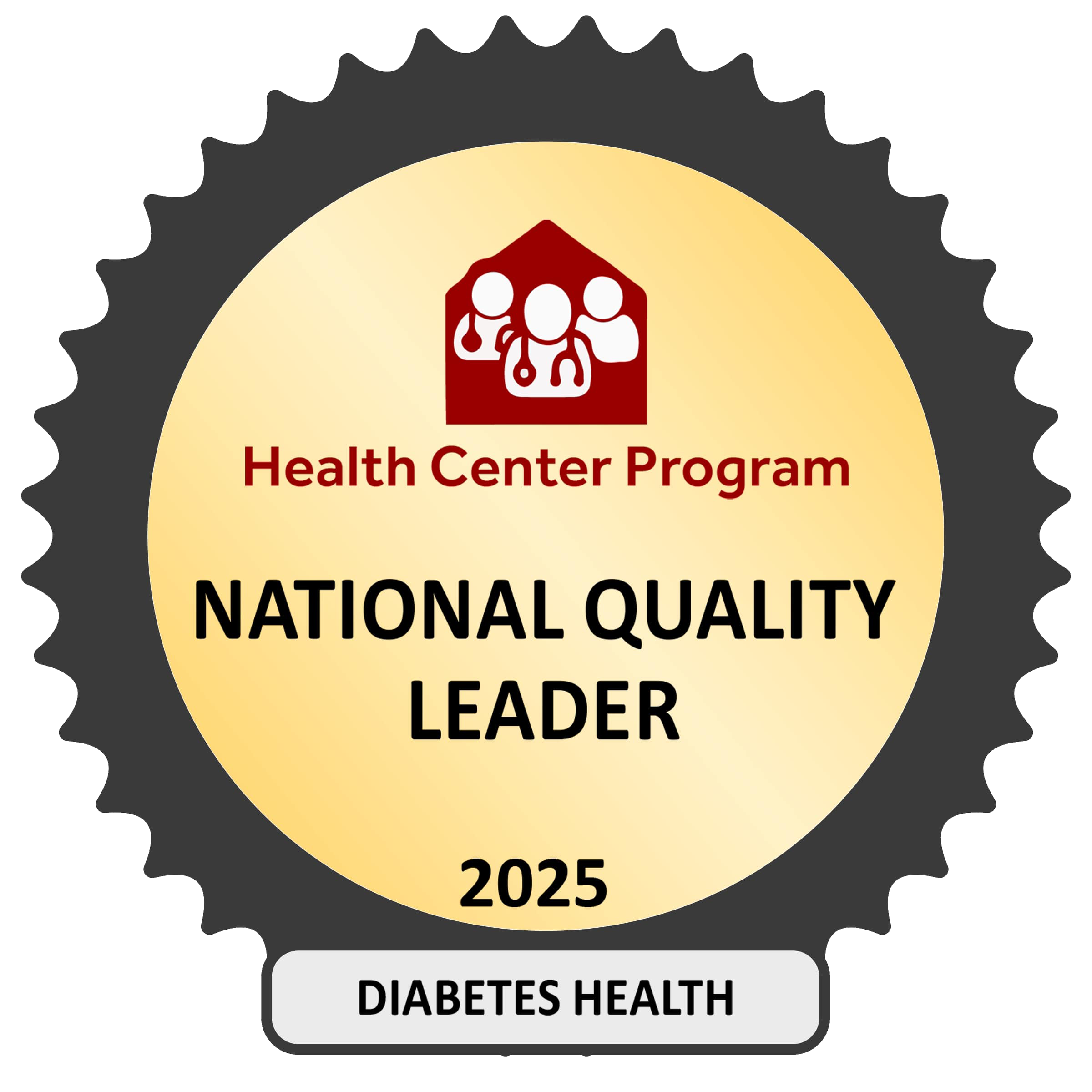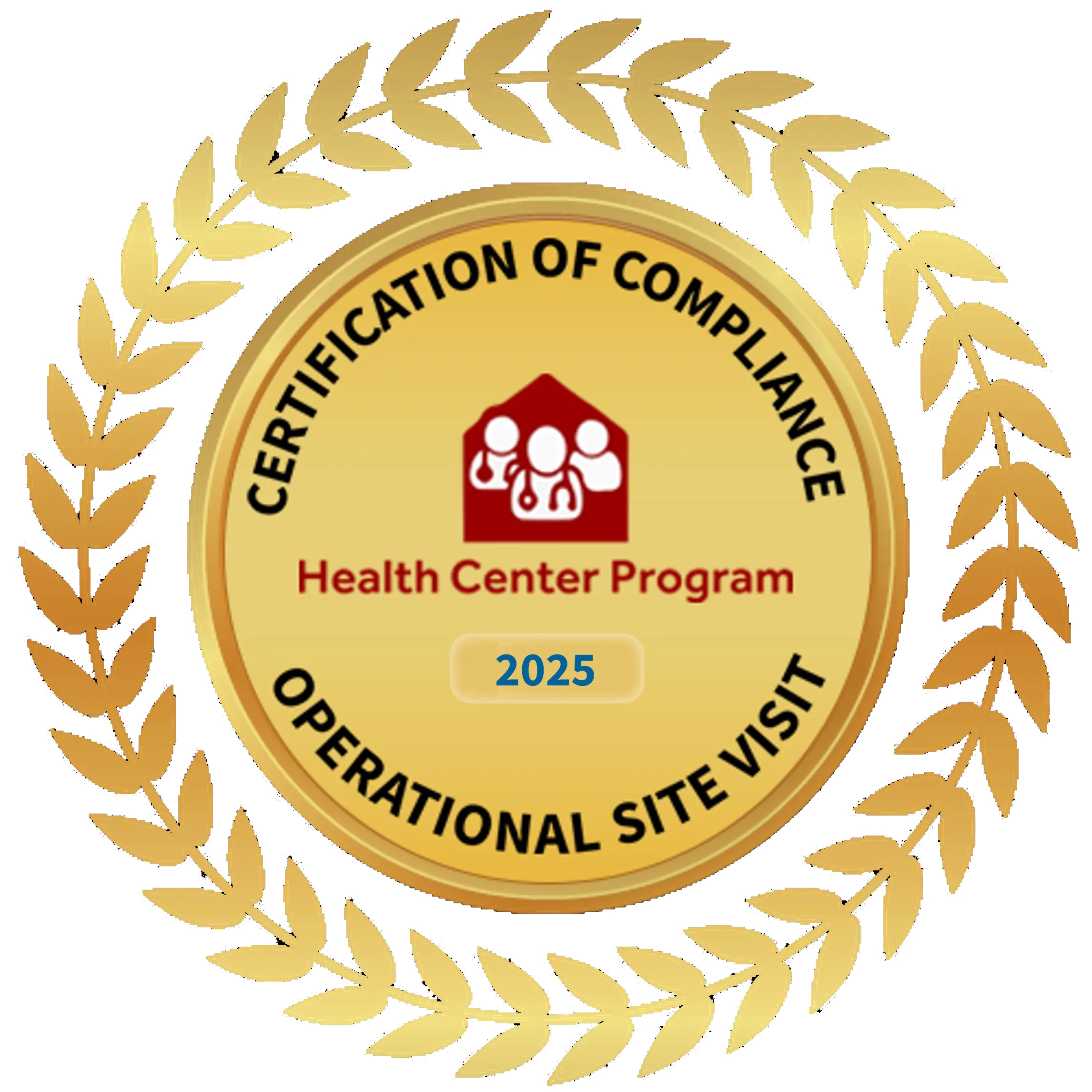Hypertension, commonly known as high blood pressure, is a medical condition where the force of the blood against the artery walls is too high consistently over time. This condition is often classified into two main types: primary (or essential) hypertension, which develops gradually without a direct cause, and secondary hypertension, which is attributed to underlying conditions such as kidney disease, hormonal disorders, or certain medications.
While the precise causes of primary hypertension are not fully understood, a multitude of risk factors have been pinpointed, encompassing genetics, aging (with risk escalating as one ages), and lifestyle choices such as a high-salt diet, sedentary behavior, tobacco usage, excessive alcohol intake, and obesity. Significantly, chronic stress has emerged as another crucial risk factor, with its capacity to exacerbate these lifestyle-related risks. Stress triggers the body’s release of stress hormones like cortisol and adrenaline, which can temporarily increase blood pressure by causing your heart to beat faster and your blood vessels to narrow. Over time, if stress is persistent, it can contribute to sustained high blood pressure, thereby acting as a bridge between lifestyle factors and the development of primary hypertension. Meanwhile, secondary hypertension arises from identifiable causes directly impacting organs or hormones crucial in blood pressure regulation, offering a more straightforward connection to specific health issues.
Unmanaged hypertension poses significant risks to an individual's health, leading to serious complications over time. High blood pressure can cause damage to the arteries, making them less elastic, which decreases the flow of blood and oxygen to the heart and can lead to heart disease. Additionally, hypertension increases the risk of stroke, kidney disease, vision loss, and heart failure. The long-term strain on the cardiovascular system can result in life-threatening conditions, underscoring the importance of early detection, effective management, and lifestyle modifications to control blood pressure levels and prevent severe outcomes.
The Impact of Stress
When faced with a perceived threat or challenge, the body responds through a well-coordinated physiological process known as the fight or flight response. This primal mechanism prepares the body to either confront or flee from the threat. Central to this response are the stress hormones, cortisol and adrenaline (epinephrine), which are released by the adrenal glands. Adrenaline increases heart rate, elevates blood pressure, and boosts energy supplies, while cortisol, the primary stress hormone, increases sugars (glucose) in the bloodstream and enhances the brain's use of glucose. Together, these hormones sharpen concentration, increase resilience, and prepare the body to act quickly in response to danger.
However, the body's stress response is meant to be short-lived, designed to deal with immediate threats. Chronic stress occurs when this response is activated repeatedly over time without adequate recovery periods. Prolonged exposure to cortisol and other stress hormones can have detrimental effects on various bodily systems, most notably on the cardiovascular system. Chronic stress can lead to an unhealthy increase in heart rate and blood pressure, a state which, over time, may strain the heart, damage blood vessels, and increase the risk of hypertension, heart attack, or stroke.
The distinction between acute stress and chronic stress is primarily in duration and impact. Acute stress is temporary and often can have motivating or energizing effects, whereas chronic stress persists over longer periods, leading to a gradual but significant toll on physical health, including the cardiovascular system. It is the prolonged, unmanaged stress that is of particular concern for its potential to contribute to the development of hypertension and other long-term health issues. Recognizing and addressing chronic stress is thus crucial for maintaining cardiovascular health and preventing elevated blood pressure.
Scientific Evidence Linking Stress to Hypertension
The connection between chronic stress and the increased risk of developing hypertension has been the subject of numerous research studies over the years. These studies have provided compelling evidence that individuals experiencing high levels of stress over extended periods are at a greater risk of developing high blood pressure, a key factor in the diagnosis of hypertension.
Research has consistently shown that chronic stress triggers the body's stress response system, leading to prolonged exposure to stress hormones like cortisol and adrenaline. These hormones, while beneficial in short-term "fight or flight" situations, can have deleterious effects on the cardiovascular system when their levels remain elevated over time. For example, cortisol can increase the amount of sodium retained by the body, leading to increased blood volume and, consequently, higher blood pressure. Additionally, adrenaline increases heart rate and constricts blood vessels, which can further elevate blood pressure levels.
Chronic stress often leads individuals to adopt unhealthy coping mechanisms, such as consuming a diet high in sodium and unhealthy fats, neglecting physical activity, smoking, and excessive alcohol consumption. Each of these factors independently contributes to the risk of hypertension, and in combination, they can significantly exacerbate the risk. For instance, a high-sodium diet can directly increase blood pressure by causing the body to retain fluid, while smoking and alcohol consumption can damage the cardiovascular system, impairing its ability to regulate blood pressure effectively.
Furthermore, chronic stress can lead to disruptions in sleep patterns, which has been linked to hypertension. Poor sleep quality and sleep disorders, such as sleep apnea, can interfere with the body's ability to regulate stress hormones, leading to elevated blood pressure during waking hours.
The scientific evidence underscores a clear link between chronic stress and an increased risk of developing hypertension, mediated both directly through the physiological impact of stress hormones on the cardiovascular system and indirectly through the adoption of unhealthy coping mechanisms. Recognizing and addressing chronic stress is therefore not only crucial for mental well-being but also for preventing the onset of hypertension and its associated health complications.
Managing Stress to Control Hypertension
Effectively managing stress is crucial for individuals looking to control or prevent hypertension. By adopting certain stress reduction techniques and lifestyle changes, it's possible to mitigate the impact of stress on blood pressure levels and enhance overall cardiovascular health.
Effective Stress Management Techniques:
- Mindfulness and Meditation: Practices like mindfulness and meditation can significantly reduce stress levels by fostering a state of relaxation and present-moment awareness. These techniques help to calm the mind, reduce the production of stress hormones, and have been shown to lower blood pressure over time.
- Deep Breathing Exercises: Engaging in deep breathing exercises can activate the body's relaxation response, counteracting the effects of the stress-induced "fight or flight" response. Techniques such as diaphragmatic breathing, 4-7-8 breathing, or guided imagery can help lower heart rate and blood pressure.
- Physical Activity: Regular physical activity is not only beneficial for maintaining a healthy weight and improving cardiovascular health but also for reducing stress. Activities such as walking, jogging, swimming, or cycling can release endorphins, the body's natural painkillers and mood elevators, which help reduce stress.
Role of a Healthy Lifestyle:
- Dietary Changes: Adopting a heart-healthy diet, such as the DASH (Dietary Approaches to Stop Hypertension) diet, which emphasizes fruits, vegetables, whole grains, and lean proteins, can help manage blood pressure. Reducing intake of salt, caffeine, and alcohol is also advised to mitigate stress's impact on blood pressure.
- Regular Exercise: Besides being a powerful stress-reliever, regular exercise helps improve the efficiency of the cardiovascular system, reducing the risk of hypertension. Aim for at least 150 minutes of moderate aerobic activity or 75 minutes of vigorous activity each week.
- Adequate Sleep: Ensuring sufficient, quality sleep is essential for stress management and blood pressure control. Poor sleep can exacerbate stress and negatively affect blood pressure, so aim for 7-9 hours of sleep per night and maintain a consistent sleep schedule.
Importance of Seeking Professional Help:
For individuals experiencing chronic stress or those whose hypertension may be stress-related, seeking professional help is vital. A healthcare provider or a mental health professional can offer personalized strategies for stress management and blood pressure control. This may include counseling, stress management programs, or medication to manage hypertension effectively.
Managing stress through mindfulness, physical activity, a healthy lifestyle, and professional support can play a significant role in controlling hypertension. By addressing stress, individuals can take an important step toward improving their cardiovascular health and overall well-being.






